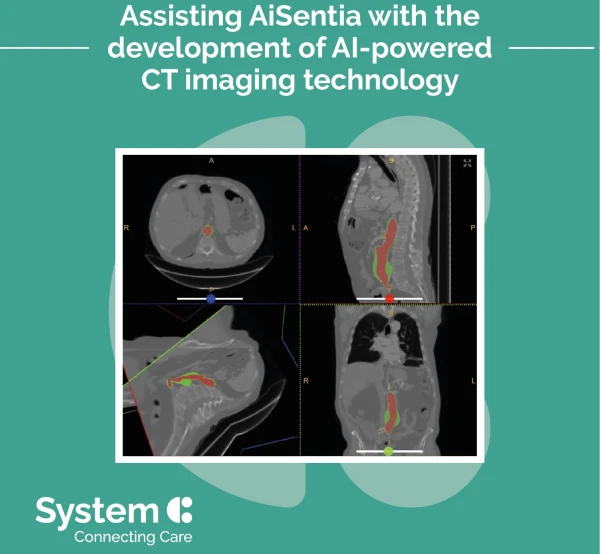Case Studies
Assisting AiSentia with the development of AI-powered CT imaging technology.
AiSentia emerged as a spin-out company from an industry-leading research project at the University of Oxford. Their aim was simple: to alleviate the need for patients undergoing a CT scan to be given an injection of radiological contrast media (RCM). Instead, AiSentia have created a generative AI model that processes CT X-Ray images and enhances them by raising the contrast of the CT images. This improves the visibility of relevant issues within the human body and eliminates the need for RCM.
Read More



